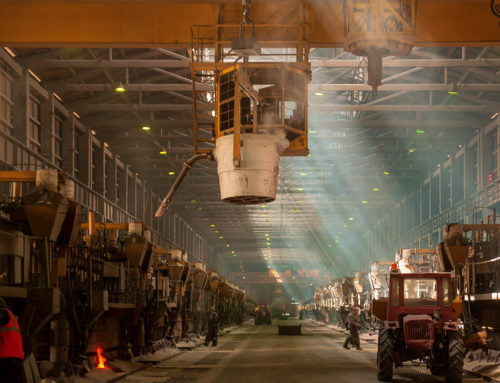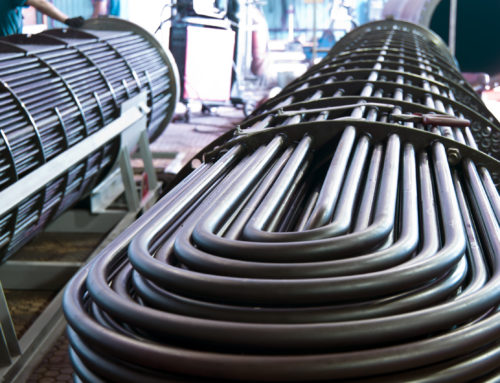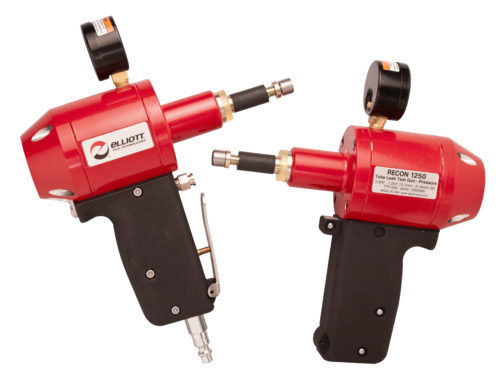Avoid Costly Downtime with Regular Boiler Maintenance
Firetube boilers are workhorses that are essential to the daily operations of countless facilities. These include industrial plants, hospitals, prisons, and residential buildings. Their reliability is critical. A sudden failure can lead to severe consequences such as forced closures, patient transfers, or major operational disruptions.
Despite their importance, these boilers are often tucked away in hard-to-reach boiler rooms. That makes routine maintenance easy to overlook. Neglecting proper cleaning and proactive maintenance is a high-cost mistake. It can lead to significant efficiency losses and catastrophic failures.
Why Maintenance Matters
A firetube boiler failure can disrupt operations in several ways:
• Hospitals: An outage may result in a costly and complicated transfer of patients.
• Food processing: A complete shutdown can halt production and spoil inventory.
• Commercial buildings: Loss of heat or hot water can force closures and reduce productivity.
While rental boilers are available as a temporary fix, they are expensive and intended for short-term use, like in disaster recovery. Relying on them for an extended period to perform emergency repairs on your primary boiler can be extremely expensive. This is why a proactive maintenance schedule is far more cost-effective than a reactive one.
When to Schedule a Cleaning
Regular cleaning is the cornerstone of firetube boiler maintenance. The cleaning schedule is typically based on the boiler’s hours of operation and can be fine-tuned by monitoring key indicators:
• Stack Temperature Trends: If the stack temperature trends 50°F above baseline, it’s a clear signal that scale and deposits have built up, and the boiler needs a thorough cleaning.
• Warm-Up Time and Temperature Control: Slow warm-up time or difficulty maintaining a steady, regulated temperature can indicate efficiency loss.
• Fuel Consumption Patterns: If the boiler is burning fuel at its maximum rate despite the building’s demand for heat or steam being low, it indicates a significant loss of efficiency due to deposit buildup.
• Smoke Characteristics: A healthy boiler’s exhaust should be light and almost invisible. Gray or black smoke indicates incomplete combustion, which is often a symptom of dirty tubes.


Best Practices for Boiler Maintenance
A structured maintenance plan should combine routine inspections with scheduled deep cleaning and professional assessments:
Routine Inspections
Regular inspections should be a part of your facility’s routine. Monthly or quarterly visual inspections are a good starting point.
• Use sight ports or peepholes to look directly at the flame. If the flame is difficult to see or the sight glass is dirty, it’s an immediate indicator that cleaning is necessary.
• Inspect boiler pressures, temperatures, and water levels.
• Look for leaks, corrosion, or unusual noises.
Scheduled Cleaning
Tube cleaning should be scheduled based on operating conditions, fuel type, and load demands. Cleaning restores heat transfer efficiency, lowers stack temperatures, and reduces strain on critical components.
Many facilities rely on specialized mechanical tube cleaning systems to safely and efficiently remove deposits during planned outages. Manufacturers such as Elliott Tool Technologies provide engineered cleaning solutions designed specifically for firetube boiler maintenance, helping maintenance teams perform consistent and effective cleaning.
Annual Professional Maintenance
Once per year, it is recommended to conduct a detailed physical inspection of the tubes.
• Look for the buildup of soot and slag.
• Conduct a combustion analysis and adjustment.
• Complete safety valve and control system tests.
During this annual inspection, brush or turbine cleaning should be performed to remove these stubborn deposits.
Conclusion
Neglecting firetube boiler maintenance isn’t just a minor oversight; it’s a direct path to higher operating costs, efficiency loss, and a significant risk of catastrophic failure. By proactively monitoring key indicators like stack temperature, fuel usage, and visual cues, and by implementing a regular cleaning and inspection schedule, you can ensure the longevity and reliability of your boiler. This will ultimately protect your facility from costly downtime and ensure smooth, uninterrupted operations.





